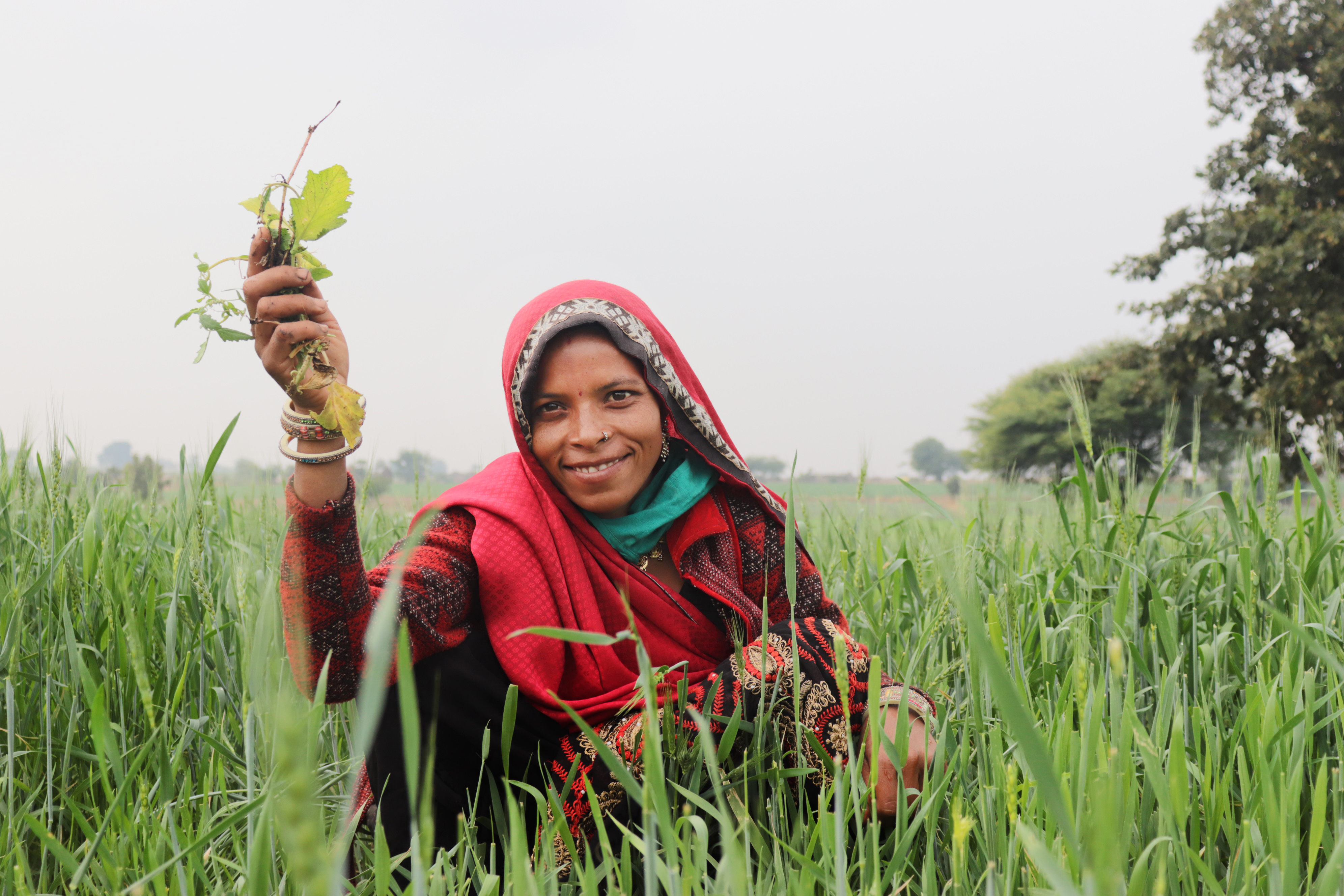By Shoko Noda, Jayesh Ranjan and Deepali Khanna
Using Data for a Resilient Future
December 30, 2021
Photo Credit: Abhir Avasthi/UNDP India
The Covid-19 pandemic has once again reminded us of the fragility of our social, environmental and economic systems. It has dispelled any notions that a country can insulate itself from world crises. Meanwhile, the other global crisis, climate change is showing devastating impact on life on earth. Extreme weather conditions, loss of biodiversity, increasing frequencies of natural calamities, caused by climate change are very visible and offer glimpse of what could be rampant and imminent, if we fail to act today. Given that global temperatures have risen by 1.2 degrees as compared to pre-industrial levels, building resilience across sectors has become an even more impending development priority.
Data-driven approaches are offering new possibilities for anticipatory and resilient systems to tackle shocks and crises. Data-driven strategies can identify vulnerable populations and hotspots at the intersection of socio-economic-environmental facets can help develop better multi-dimensional poverty measures at local level. Predictive power of emerging technologies like Artificial Intelligence (AI) can initiate early action and develop resilience in public systems.
For example, Telangana has launched an actionable AI policy framework to guide major policy decisions on food production, healthcare, and other areas. The State has deployed an AI-based solution that provides early warning signals on pest attack to the cotton farmers, thereby, reducing crop loss. This technology was initially rolled out to 150 villages in Telangana, leading to more than 20 per cent increase in net profit for 7,000 farmers. This AI-powered pest management system is being scaled-up to improve resilience of smallholder farmers.
Applications at national level
At the national level, data-driven applications like eVIN (electronic Vaccine Intelligence Network) supported by the Ministry of Health & Family Welfare and UNDP are streamlining the vaccine supply chain. Implemented in 29,000 public health facilities across India, the predictive power of eVIN helps in reducing stock-outs of vaccines by 80 per cent. This platform has been repurposed to swiftly develop the CoWIN platform, a digital public good, supporting one of the largest vaccination drives in the world to combat the Covid crisis.
While data-driven approaches are very promising to build a more resilient world, they are not devoid of challenges such as data existing in silos, lack of interoperability, inconsistent data standards, and data privacy among others. Data collaboratives and digital public goods are emerging as innovative strategies to tackle some of these challenges. They provide transparent collaborative platforms with appropriate protocols and data standards for multiple stakeholder collaboration.
The ‘Data for Policy’ initiative, facilitated by the Government of Telangana and UNDP in partnership with The Rockefeller Foundation, is one such data collaborative effort to strengthen climate resilience of food systems. Resilience in food systems is an important priority because, climate change could reduce annual agricultural incomes in India by 15-18 per cent, adversely impacting livelihoods of smallholder farmers.
Applying a combination of open innovation, data-driven technologies, and community-centric bottom-up approach, the ‘Data for Policy’ initiative aims to strengthen climate resilience in agriculture programs and policies. Using a remote sensing-based digital public good platform and pattern detection algorithms, it helps identify farms that are resilient to climate change and those that are highly vulnerable. The platform uses open-source technologies to facilitate analysis on climate resilience conducted by hundreds of young data scientists and citizen scientists sharing insights on best performing farms as evidenced by data. Evidence-driven policy-making supported by data and community-led good practices will help strengthen climate resilience.
Prime Minister Narendra Modi has set food systems in India on the path of climate resilience by launching new crop varieties that are climate resilient and have higher nutrient content. At COP26, he emphasised on climate resilient infrastructure and pledged India’s net zero carbon emissions by 2070. ‘Data for policy’ is an effort set in this direction of strengthening climate resilience in food systems using innovation and emerging technologies.
Fighting climate crisis and building resilience is a long-term commitment and critical for future generations. The current crisis provides an opportunity to strategically rethink and revise the way we come together to enable data-driven transformation. India needs many more innovative and collaborative approaches for building resilient systems so that any shock, climatic or otherwise, does not set back the clock on sustainable and equitable development.
The writers are:
Shoko Noda, Resident Representative, UNDP in India
Jayesh Ranjan, Principal Secretary, Department of ITE&C & Department of Industries & Commerce, Govt of Telangana
Deepali Khanna, Managing Director, Asia Regional Office, The Rockefeller Foundation
The article was originally published in The Hindu Business Line

 Locations
Locations